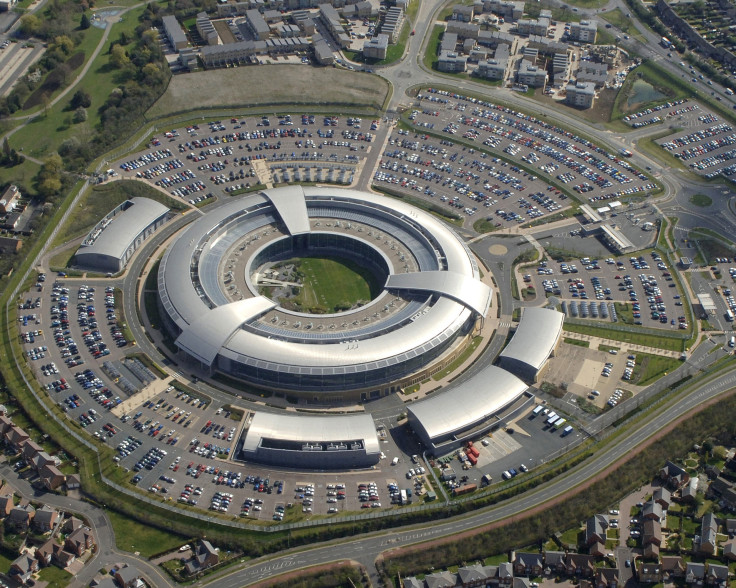Google And Facebook's Privacy Efforts Help Terrorists, UK Spy Chief Says

The new head of British electronic spying agency GCHQ is taking jabs at Silicon Valley. In his first week in office, Robert Hannigan has written an essay for the Financial Times claiming that U.S. technology companies like Google, Facebook and Twitter are “in denial” about how their services are becoming the “networks of choice” for terrorists.
The U.K. intelligence agency director called for the companies to work more closely with government agencies. Most people “would be comfortable with a better and more sustainable relationship between the agencies and" American tech titans. “The challenge to governments and their intelligence agencies is huge – and it can only be met with greater co-operation,” he said.
Terrorist operations like the Islamic State group, or ISIS, “have realised that too much graphic violence can be counter-productive in their target audience and that by self-censoring they can stay just the right side of the rules of social media sites, capitalising on western freedom of expression.”
Twitter Inc., along with Google Inc.’s YouTube, have tried to stem the spread of videos depicting ISIS’ execution of Western prisoners. But, Hannigan argues that terrorists are increasingly making use of “messaging and social media services such as Twitter, Facebook and WhatsApp….and their ability to send 40,000 tweets a day during the advance on Mosul without triggering spam controls, illustrates their ease with new media.”
Hannigan’s essay illustrates the increasing discord between U.S. and U.K. intelligence agencies, and Silicon Valley’s brightest, as companies try to maintain an image of protecting their users' privacy in the wake of Edward Snowden’s revelations of mass surveillance last June. While Snowden’s actions have been trumpeted as “heroic” by privacy advocates, Hannigan says he has “no doubt that young foreign fighters have learnt and benefited from the leaks of the past two years.”
The popular messaging service WhatsApp is now integrated in ISIS’ communications, Hannigan says, with group leaders using the app to issue commands to terrorist cells in the field. Large tech companies are fighting for transparency but the intelligence chief said that “increasingly their services not only host the material of violent extremism or child exploitation, but are the routes for the facilitation of crime and terrorism.”
Anonymous industry insiders told the Financial Times that Hannigan’s calls for “better arrangements” with government agencies could create a “dangerous situation” that conflicts with their citizens' rights. One told the newspaper that the agreements would force tech companies to play favorites between Western powers and other governments. “What should we do if the Saudi or Russian government also demanded information be handed over on the spot?”
Hannigan said in his essay: “For our part, intelligence agencies such as GCHQ need to enter the public debate about privacy. I think we have a good story to tell. We need to show how we are accountable for the data we use to protect people, just as the private sector is increasingly under pressure to show how it filters and sells its customers’ data. GCHQ is happy to be part of a mature debate on privacy in the digital age. But privacy has never been an absolute right and the debate about this should not become a reason for postponing urgent and difficult decisions.”
© Copyright IBTimes 2024. All rights reserved.





















